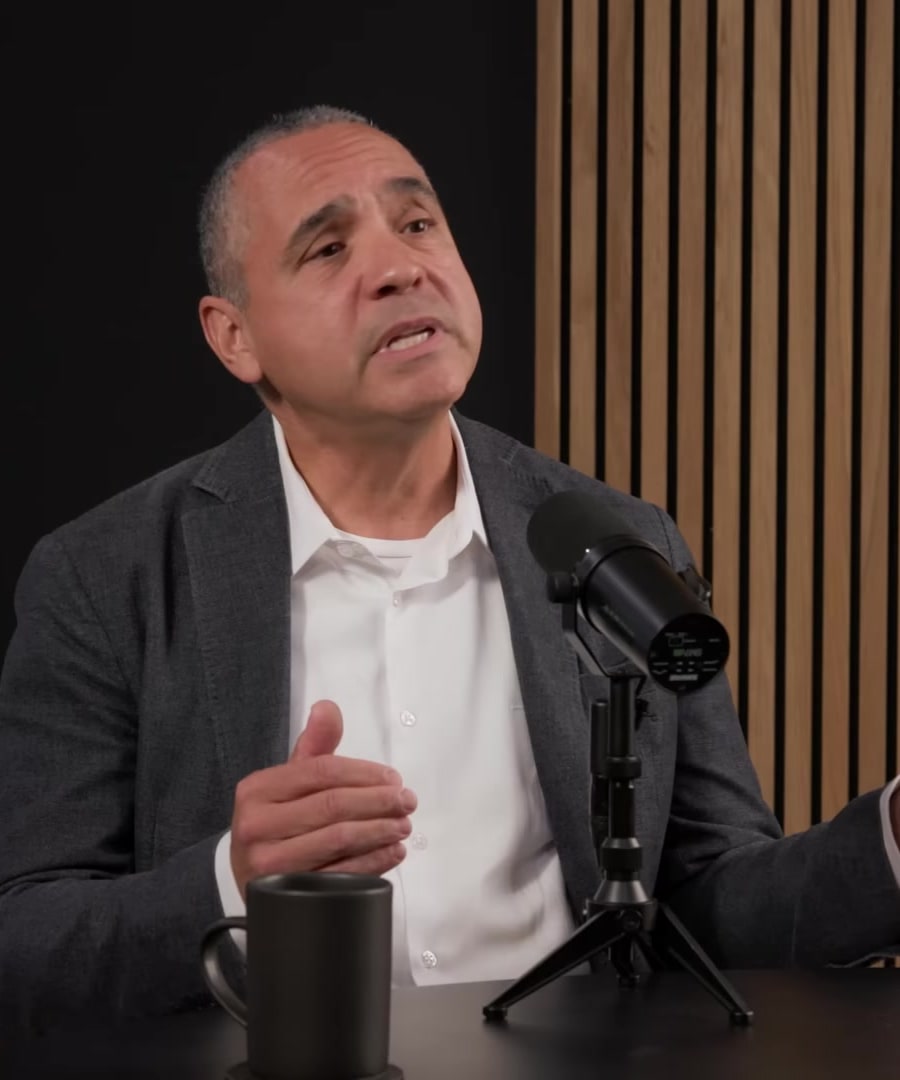What causes PTSD?
Sources:
PTSD (Post-Traumatic Stress Disorder) is caused by traumatic experiences that result in long-lasting psychological effects. and other experts on the highlight several key points regarding the origins of PTSD:
-
Types of Trauma: PTSD can stem from a variety of traumatic experiences, including but not limited to physical or emotional trauma. These can be single events such as car accidents or assaults, or chronic exposure to stressors like abuse, war, or ongoing violence 1 2 .
-
First and Third Person Trauma: Trauma can be experienced directly (first person) or indirectly (third person), such as witnessing violence or disasters. Both types can severely impact mental health and lead to PTSD 2 .
-
Accumulation of Stressors: PTSD is often the result of cumulative stress rather than a single traumatic event. Children, due to their neuroplasticity, are particularly vulnerable to the accumulation of stressors, which can make them more susceptible to developing PTSD 3 .
-
Neural Circuitry: Trauma impacts brain circuitry, particularly areas like the amygdala, hippocampus, and insula, which play significant roles in emotional regulation and memory. These changes can lead to symptoms associated with PTSD, including hypervigilance, anxiety, and dissociation 1 .
-
Early-Life Trauma and Vulnerability: Individuals with a history of childhood maltreatment or other forms of early-life stress are more likely to develop PTSD following additional traumatic events. The accumulation and interaction of stressors over time exacerbate the risk 4 .
Understanding these causes can help tailor interventions and support systems to effectively address and manage PTSD in affected individuals.
RELATED QUESTIONS-
What causes PTSD?
- RELATED QUESTIONS



